Our global approach
We’re focused on accelerating the availability of new climate technologies, strengthening our climate policy agenda, and advocating for skilling programs to expand the green workforce.
Investing in climate innovation
With a $1 billion investment mandate, the Climate Innovation Fund has allocated over $793 million in capital to bring new supply to market and accelerate adoption and cost reduction in key climate technologies.
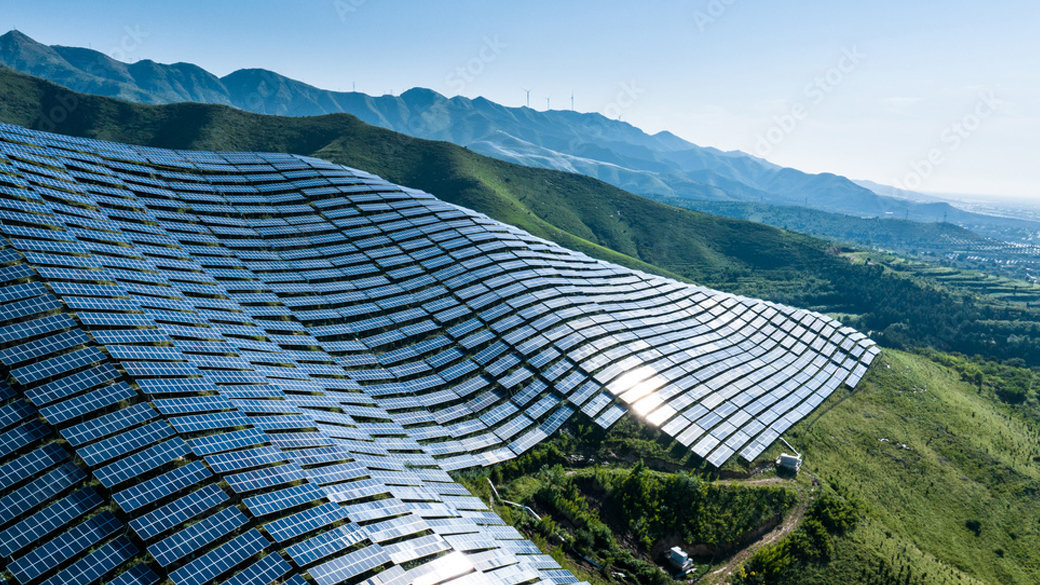
Terradot
By integrating vast datasets collected from plant tissues, soils, pore water, ground water, and climate models, Terradot’s advanced data platform will enhance the ability to understand and manage Earth’s natural systems to capture carbon dioxide from the atmosphere.
Stegra
Our investment in Stegra (formerly H2 Green Steel) directly impacts our scope 2 and 3 emissions. The company aims to build the world’s first large-scale green steel plant with a 95% reduction in carbon emissions compared to traditional steelmaking.
Cyclic Materials
Cyclic Materials is revolutionizing the way we approach circularity by enabling the continuous reuse and recycling of critical minerals, reducing waste and environmental impact, and enabling supply chain resilience.
SolarCycle
SolarCycle is a leading solar panel recycler in the United States, using proprietary recycling equipment to automate the recycling process and recover over 90% of solar panel materials.
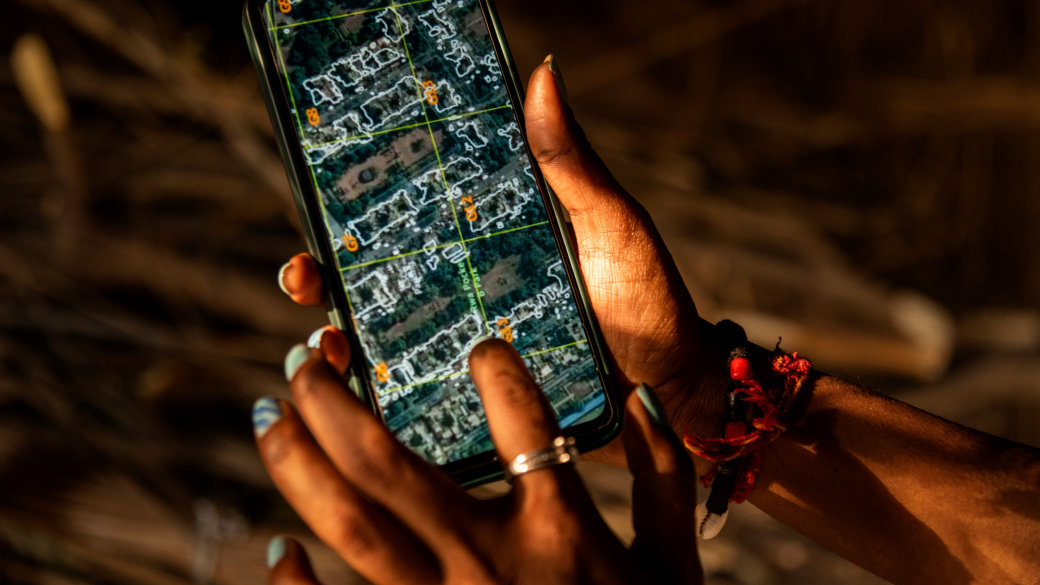
Accelerating sustainability solutions with AI features
Microsoft is investing in AI-based solutions in areas where progress on our global sustainability goals is bottlenecked. As the world enters a new era of AI, there is both an opportunity and an urgent need to focus the abilities of AI on accelerating sustainability.
Shaping policy for a sustainable future
Microsoft and the broader private sector have an important role to play in advocating for effective and innovative sustainability policies. We pledge to use our voice on public policy issues to help advance global decarbonization efforts.
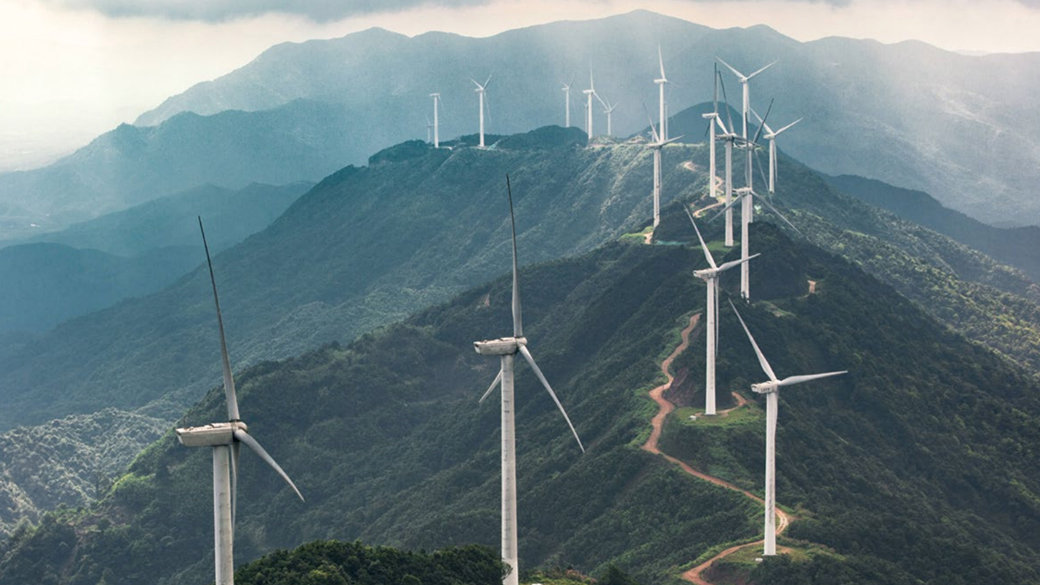
Advancing a circular economy for electronics
This policy brief focuses on electronic products and the important role that public policy can play in reducing waste and advancing circularity.
Advancing carbon and electricity policy
Our briefs on carbon and electricity policy share the priorities and principles that guide Microsoft’s policy advocacy work around the world.
Accelerating decarbonization and energy technology
Building on our electricity brief, we published a new policy brief that focuses on the role advanced nuclear and fusion energy technologies play in decarbonization and the priorities that guide Microsoft's policy advocacy.
Policy recommendations for green skilling
In collaboration with Microsoft, the International Energy Agency developed a GPT tool using Copilot Studio on Microsoft Azure to enhance its World Energy Outlook, enabling users to approachably access energy data, trends, and insights for informed policy decisions.
Empowering the global workforce
To support our own work in sustainability and the needs of businesses around the globe, we see the need to dramatically change the landscape of green jobs and skilling across industries.
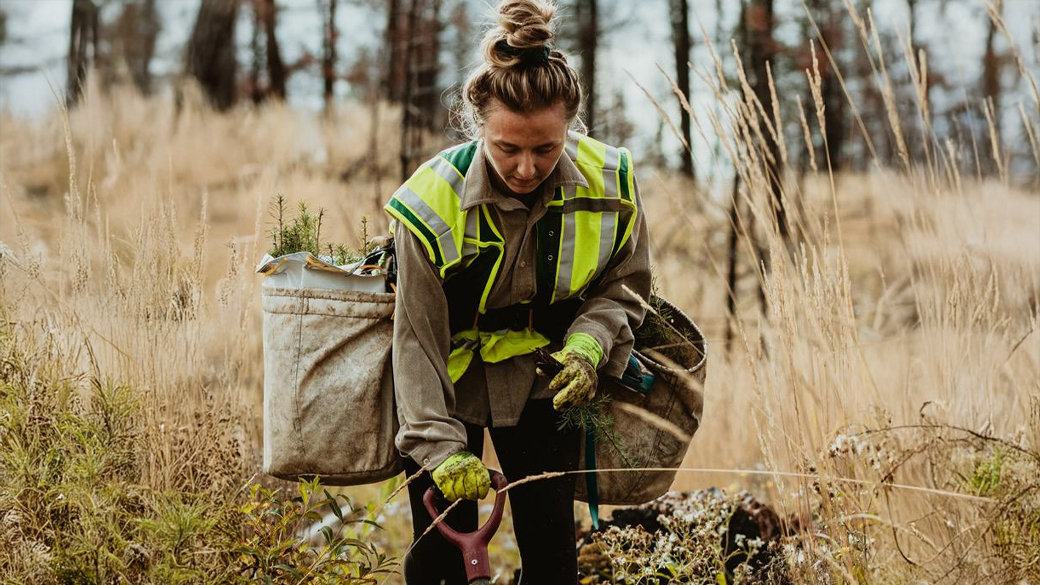
Employee engagement
At Microsoft, we recognize that our employees are our most important asset and resource in advancing innovation in sustainability. We’re creating opportunities for them to contribute to our efforts.
The Microsoft Community Environmental Sustainability program
Since 2020, 123 programs have been implemented across 39 global cities hosting Microsoft datacenters. Initially focused on hyper-local efforts, the program has evolved into a principle-based initiative deploying scalable, community-focused environmental projects aligned with datacenter growth.
Empowering employees to volunteer
In Pune, India, and Queretaro, Mexico, Microsoft employees actively contributed to the launch of new water projects by constructing water towers at four schools. This initiative is providing clean water and improved hygiene for 7,200 students and their families.
Green jobs and skilling
Driven by new climate policies and commitments, we expect to see millions of new green jobs created globally. LinkedIn is helping to close the green skills gap through four main approaches: upskilling members, coaching young jobseekers, training employees, and supporting green workforce development partners.
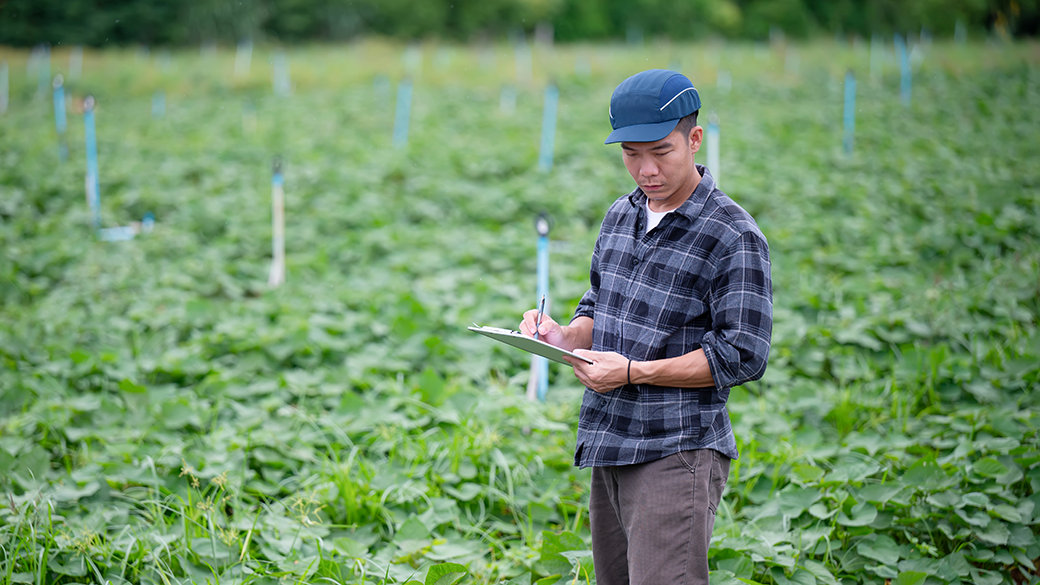
Green Skills Report
LinkedIn’s 2024 Green Skills Report highlights critical trends and gaps in the global labor market to align workforce development with climate action.
Sustainability Skilling at LinkedIn
LinkedIn Learning has grown its sustainability course library to more than 200 offerings, covering topics such as ESG basics and sustainable business practices. These courses equip professionals to integrate sustainability into their roles and align with environmental goals, with many of our most in-demand courses made freely available throughout the year.

